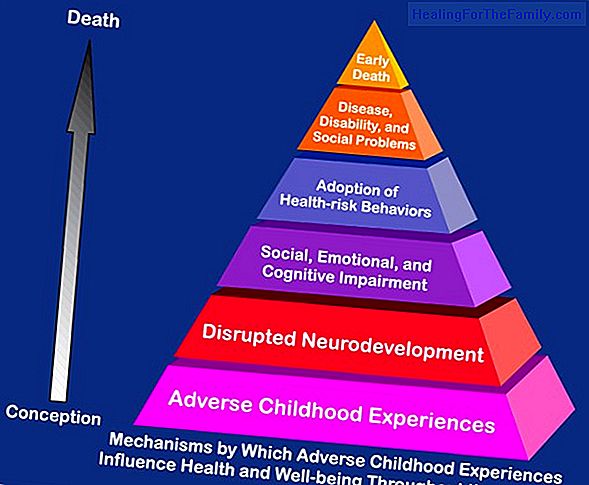Parents and teachers to improve the school performance of the child
The area in which children with Learning Disorders (TA) tend to have more difficulties is the school, since it is when their complications are more evident when reading, writing or calculate. Many times, the fact that they do not progress as their peers can cause these children even more frustration
The area in which children with Learning Disorders (TA) tend to have more difficulties is the school, since it is when their complications are more evident when reading, writing or calculate. Many times, the fact that they do not progress as their peers can cause these children even more frustration and nervousness, thus increasing their insecurity.
When this happens, it is easy for parents to perceive that the child is more easily frustrated, surrenders, becomes sad and nervous in front of tasks such as reading, writing or doing a mathematical problem and, many times, does not want to go to school as a review. Faced with this situation, many parents feel the need to help their children in some way and, the vast majority, do not know where to start.
How to help the child with learning disorders en It is important to emphasize that parents should support their child in school tasks with the aim of encouraging them to overcome their difficulties, not solve them, and always following the instructions of the teacher. Therefore, it is decisive that both parties

work together for the well-being of the child , sharing their evolution at home and at school at all times. Taking this into account, the tricks we give are focused on helping children to organize, as is the case with this activity:-
'Economy of chips': This activity seeks to motivate the child to perform specific tasks every day besides being a good way to establish a routine for them. To carry out this activity, parents must mark 4 tasks that tend to be complicated for their child, for example, half an hour of reading aloud or carrying out 3 mathematical activities, and they must offer them a prize when they complete each one.Keep in mind that the tasks that are asked of the child must be affordable for him and always to his benefit. With this, it is ensured that the child can do what is asked of them, preventing them from getting frustrated, se and getting them to perceive themselves as an improvement and gain confidence in what they do day after day. For this, it is very important that the rewards are things that the child likes and that they can not always have, for example, playing with the tablet for 30 minutes.Other activities to help children with Learning Disorder In addition to this trick, if you want to specifically reinforce the skills affected by some AT, from the center we propose these activities:
-
For children with dyslexia or reading difficulties:
a good way to help them is to read with them for half an hour a day. First you must read the child out loud, then read silently and, finally, read aloud again. Parents should be with him at all times to reassure him and help him if he is wrong in a word and, once the reading is finished, it is important to ask the child to ensure that he has understood the story, for example: 'What is the name of the protagonist? ?', 'Where have they gone?'; 'What happened in the story?'; 'How many people were there in the story?', Etc.-For parents who have children with difficulties at the time of writing:how can those who suffer from dysgraphia, a good choice is
write a story or a story, or even a letter to a friend or relative, with they.The idea is to write a small paragraph with the child every day, a fact that helps him to improve and assures him to spend time with his parents.-When it comes to calculation problems:
it is advisable to go shopping with the child, for example, and make an account of what has been bought. It is a good idea to propose it as a game in which you compete against the parents, to motivate the child even more, and give him some reward when he wins.












